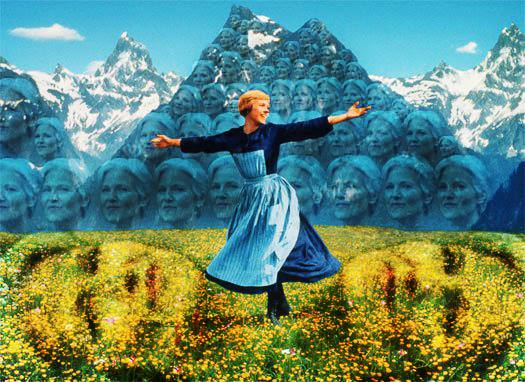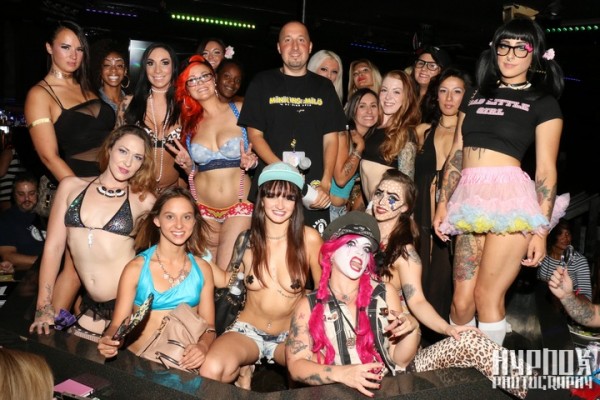Why Sex Workers Shouldn’t Vote Green

With contributions by Cathryn Berarovich.
In this election, there is no viable option for those of us looking to build a better world. People have exclaimed, “What about Bernie?! What about Jill Stein?” And maybe a little while ago, before looking into their respective platforms, I would have said, “Okay, yeah, sure—but organize.” But fortunately, since then I’ve been schooled by other pros on the position the US Green Party takes on our labor, and I’ve withdrawn my initial, albeit less-than-enthusiastic support.
The Green Party is traditionally seen as the go-to camp for independent voters with progressive ideals. Ultimately, however, it falls in line with the existing two party system of pro-carceral, punitive, reductionist policies on sex work. It is not a radical alternative; it is not a progressive bastion of thoughtful consideration for marginalized communities. If you cannot stand with folks in criminalized work, demand they be able to organize openly, and advocate for their full decriminalization, then you are on the wrong side of history.
When your platform position on sex work falls under the heading of ‘Violence and Oppression,’ you are no different from the dominant two capitalist parties.
“We urge that the term ‘sex work’ not be used in relation to prostitution,” the GP USA platform proclaims. Yet, this is the term we as workers demand to be called. We are laborers in the trade of sex.
“With the increasing conflation of trafficking (the violent and illegal trafficking in women and girls for forced sex) with prostitution,” the GP platform continues, “it is impossible to know which is which, and what violence the term ‘sex work’ is masking.”
It absolutely is possible to know which is which, but that might require talking to actual sex workers, something the GP USA seems uninterested in doing. The Green Party stance on sex work demonstrates that sex workers are excluded from party policy dialogue. It also takes agency away from both consenting voluntary workers and trafficking survivors. It implies we cannot speak for ourselves, and we can. The platform ignores the damage the conflation of voluntary sex work with the term ‘human trafficking’ does to both consenting workers and trafficking survivors. Arrest, jail time, prison sentences, open records in Human Trafficking court—this is violence, and yet it’s what the GP USA calls safety.
The GP USA should know that even if the police manage to find actual victims of trafficking, rather than consenting adults engaged in sex work, in the course of their sting operations, their so-called rescue methods are carcerally violent. Trafficking survivors are thrown in cages just like voluntary workers, exacerbating their trauma, rather than being given the mental health care and exit resources they need. The purported threat of trafficking is used as a justification for the arrest and imprisonment of both trafficking survivors and consenting workers.
Perhaps the most damning statement in the platform document is the one that follows: “No source in existence knows which forms of prostitution comprise forced sex and which comprise free will or choice prostitution.”
No source in existence?! How about this blog? Or SWOP-USA, Red Umbrella Project, Paulo Longo Research Initiative, or Support Ho(s)e, to name a few? There are numerous sex worker led initiatives, organizations, and publications which can be easily found and sourced. All the time, more and more workers are coming out and actively organizing for decriminalization, or campaigning around others who have been targeted by state violence. Google that shit.


